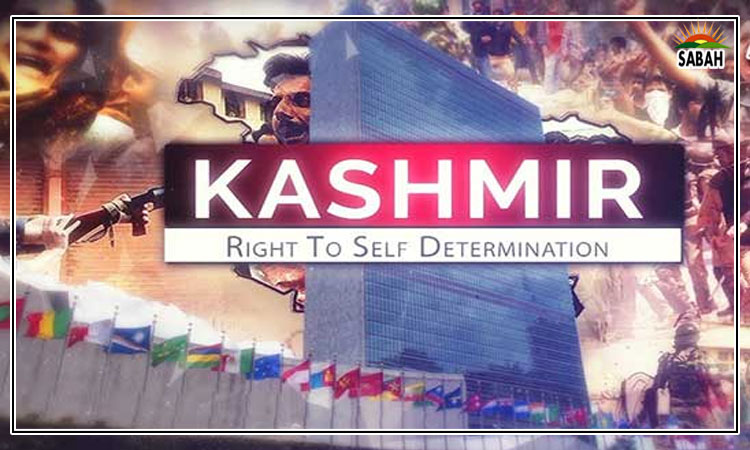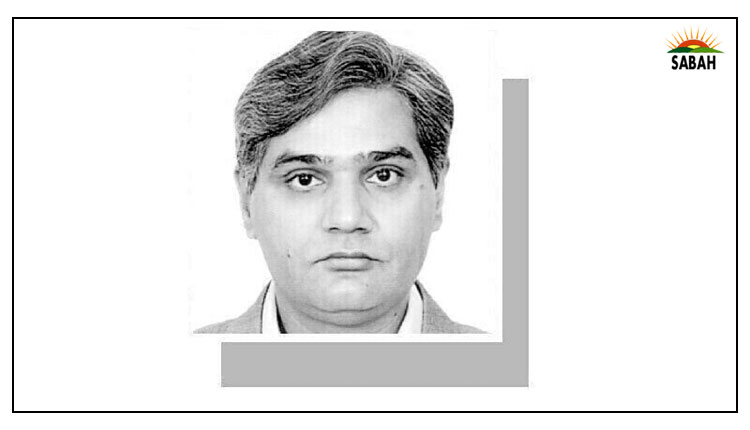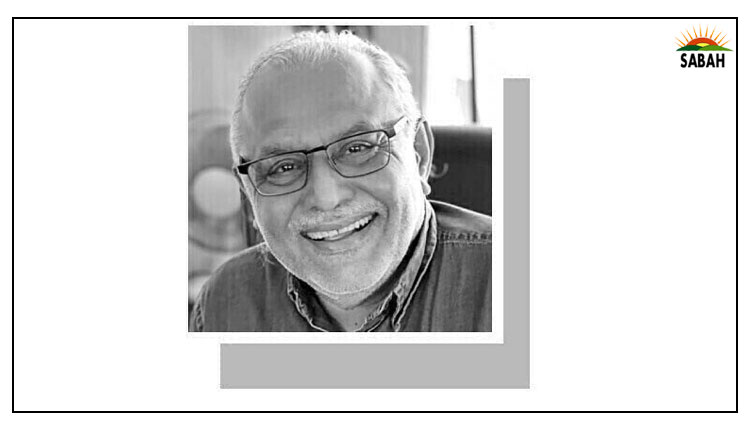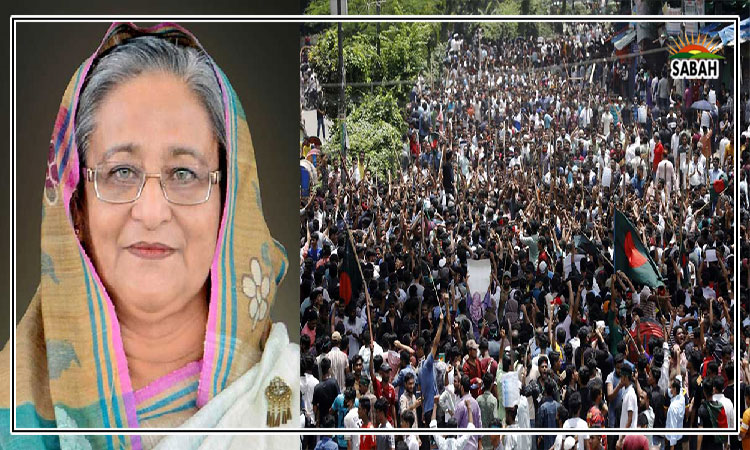Bangladeshi PM Sheikh Hasina Wajid resigns, flees to India on the army helicopter
DHAKA, August 05 (SABAH): Bangladeshi Prime Minister Sheikh Hasina Wajid has resigned and has fled to India on the army helicopter on Monday, media reports said, as more people were killed in some of the worst violence since the birth of the South Asian nation more than five decades ago. According to media reports so far 300 people have been killed in the protests.
Sheikh Hasina and her sister had been taken to a “safe shelter” away from her official residence, a government source told a foreign news agency. “You see, the situation is very volatile. What is happening, I myself don’t know,” Law Minister Anisul Huq told the news agency.
Student activists had called for a march to the capital Dhaka on Monday in defiance of a nationwide curfew to press Hasina to resign, a day after deadly clashes across the country killed nearly 100 people.
As protesters began to march in some places, armoured personnel carriers and troops patrolled the streets of the capital, “Reuters TV” showed. There was little civilian traffic, barring a few motorcycles and three-wheel taxis.
At least six people were killed in clashes between police and protesters in the Jatrabari and Dhaka Medical College areas on Monday, the “Daily Star” newspaper reported. “Reuters” could not immediately verify the report.
Police hurled sound grenades in some parts of the city to disperse small groups of protesters, the Bengali language Prothom Alo newspaper reported.
Elsewhere, thousands of protesters had surrounded law enforcement officers stationed in front of a key building, it said.
Army Chief General Waker-Uz-Zaman, who was due to address the nation at 2:00 PM local time (0800 GMT) would now do so at 3:00 PM (0900 GMT), an army officer told Reuters. “He is holding talks with some stakeholders, outside the military. That’s why the delay,” the officer said.
The military spokesperson’s office had earlier said that “the public is requested to refrain from violence and be patient,” until the army chief’s address, Prothom Alo reported.
Bangladesh has been engulfed by protests and violence that began last month after student groups demanded scrapping of a controversial quota system in government jobs.
That escalated into a campaign to seek the ouster of Hasina, who won a fourth straight term in January in an election boycotted by the opposition.
At least 91 people were killed and hundreds injured on Sunday in a wave of violence across the country of 170 million people as police fired tear gas and rubber bullets to disperse tens of thousands of protesters.
Starting Sunday evening, a nationwide curfew has been imposed, the railways have suspended services and the country’s huge garments industry has closed.
The son of Bangladesh’s Prime Minister Sheikh Hasina urged the country’s security forces to block any takeover from her rule.
“Your duty is to keep our people safe and our country safe and to uphold the constitution,” US-based Sajeeb Wazed Joy said in a post on Facebook.
“It means don’t allow any unelected government to come in power for one minute, it is your duty.”
Joy, who is also an information and communications technology advisor to Hasina, warned progress made by Bangladesh would be threatened if she was forced out.
“Everything of our development and progress will vanish. Bangladesh would not be able to come back from there,” he said.
“I don’t want that and you also do not want that,” he added. “Myself, Sajeeb Wazed Joy, will not let that happen as long as I can.”
A senior advisor to Hasina told another foreign news agency “AFP” on Monday that the resignation of the embattled leader was a “possibility” after being questioned as to whether she would quit.
“The situation is such that this is a possibility, but I don’t know how it will happen,” the aide close to the premier said, speaking on condition of anonymity.
The military declared an emergency in January 2007 after widespread political unrest and installed a caretaker government for two years.
Over the weekend, there have been attacks, vandalism, and arson targeting government buildings, offices of the ruling Awami League party, police stations, and houses of public representatives, local media reported. Violence was reported in 39 of the country’s 64 districts.
Bangladesh Railway said it had suspended all services indefinitely due to the escalating violence.
Garment factories in the country, which supply apparel to some of the top brands in the world, have also been closed indefinitely.
“In view of the prevailing situation, owners have decided to close all garment factories across the country, considering the overall safety of the workers,” the Bangladesh Garment Manufacturers and Exporters Association said.
The role of the country’s army in tackling the violence has come into focus with a group of retired military officers urging Hasina to withdraw troops from the streets and undertake “political initiatives” to resolve the crisis.
For the second time during the recent protests, the government has shut down high-speed internet services, mobile operators said. Social media platforms Facebook and WhatsApp were not available, even via broadband connections.
Last month, at least 150 people were killed and thousands injured in violence touched off by student groups protesting against quotas for government jobs.
The protests paused after the Supreme Court scrapped most quotas, but students returned to the streets in sporadic protests last week, demanding justice for the families of those killed and Hasina’s resignation.
Hasina has said that “those who are carrying out violence are not students but terrorists who are out to destabilise the nation”.
Tarique Rahman, the exiled acting chairman of the opposition Bangladesh Nationalist Party, said the protests were now a “bloody struggle between autocracy and democracy”.
“While the regime continues to escalate its crackdown…the nation implores the international community…to stand for truth and justice and to act from respective positions,” he posted on X.












